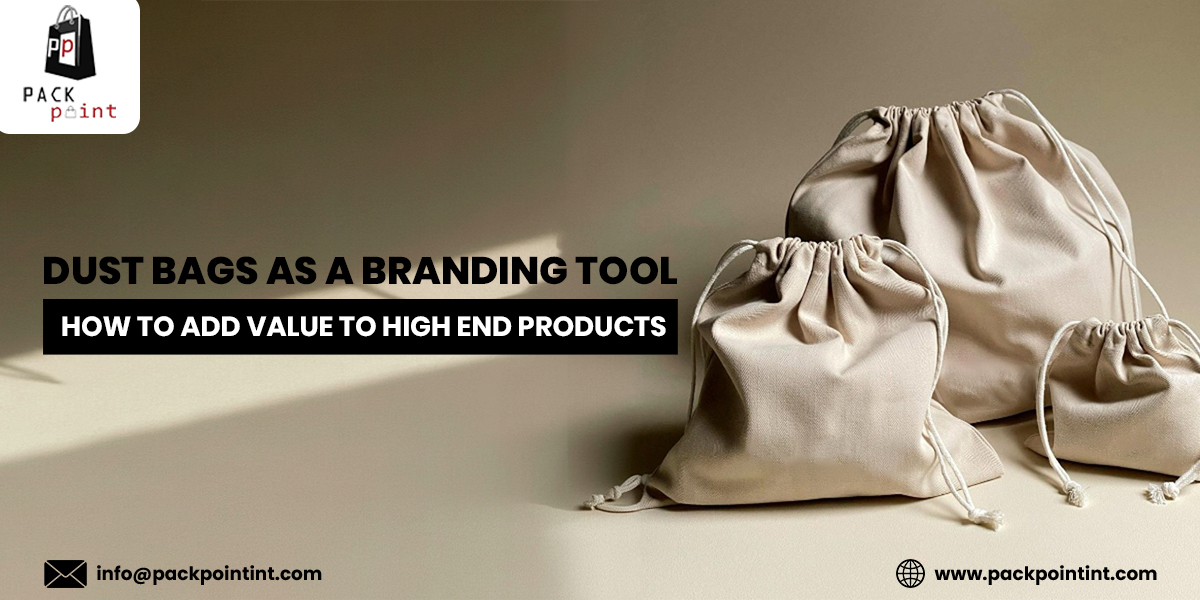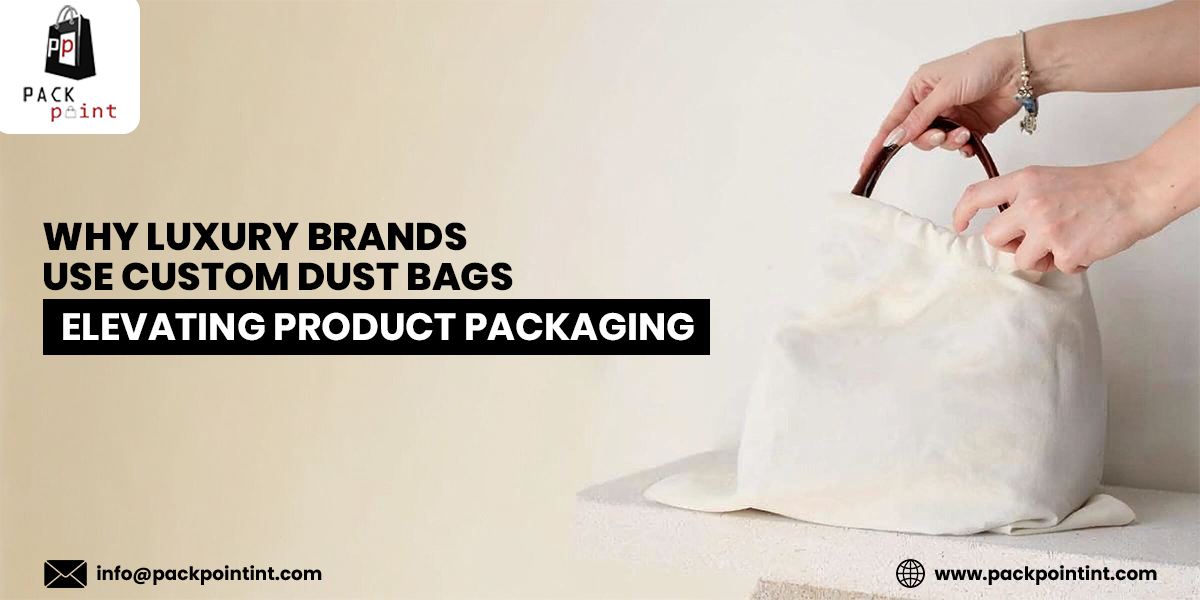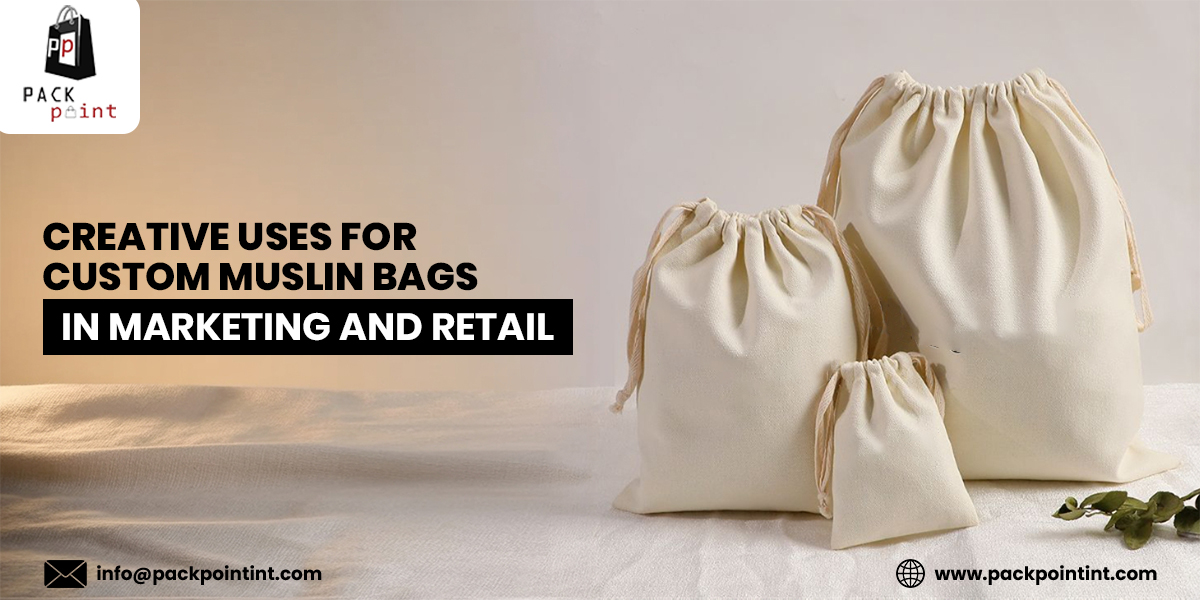The textile world is experiencing a major shift as businesses embrace greener, cleaner methods. As environmental concerns grow, the focus has turned to eco-friendly fabric choices that align with ethical manufacturing goals. From plant-based fibers to biodegradable materials, the demand for smarter options is reshaping the industry. Brands and consumers now look beyond looks and costs to consider impact. This transformation is powered by the adoption of sustainable fabric known for its durability and eco-conscious appeal.
Table of Contents
ToggleUnderstanding the Diversity of Fabric Types
Modern manufacturing relies on a wide range of fabric types, each with unique properties and uses. As brands seek eco-conscious solutions, natural options are rising in popularity. Traditional synthetic materials are being replaced by natural and recyclable alternatives. Choosing the right fabric depends on texture, strength, biodegradability, and sourcing. A blend of comfort and sustainability defines the most in-demand fabric today, especially among companies that prioritize both quality and environmental responsibility.
Canvas Fabric Leads in Strength and Style
Canvas fabric has become a top choice for ethical brands seeking strong, reusable materials. Made from tightly woven cotton or linen, canvas is known for its heavy-duty performance and long-lasting use. It holds up under stress while providing a clean, natural aesthetic that fits many modern designs. More businesses use canvas fabric for Cotton tote bags, aprons, and eco-packaging that withstands wear. This material’s reusability and biodegradability make it a practical investment for sustainable-minded industries.
Cotton Fabric Balances Comfort and Sustainability
Soft yet durable, cotton has long been favored across industries. As demand for eco-materials grows, their popularity is rising again. Unlike synthetic textiles, cotton fabric is breathable, renewable, and biodegradable. It supports ethical farming and reduces environmental harm when sourced responsibly. Its wide appeal makes it ideal for packaging, clothing, and lifestyle products. Cotton serves as a vital component in the transition to more sustainable textile manufacturing, offering both aesthetic and practical benefits.
The Growing Importance of Sustainable Fabric
Today’s businesses are under pressure to make greener choices. Sustainable fabric is becoming a key part of this commitment. These textiles are produced with minimal water, energy, and chemical waste. They often come from renewable sources and are fully recyclable. Choosing sustainable materials helps businesses reduce emissions and waste. It also aligns with consumer demand for transparency and environmental care. By replacing harmful synthetics, brands can promote long-term positive change through their product lines.
Eco-Friendly Fabric in High Demand
Consumer awareness has pushed brands to rethink their supply chains. Eco-friendly fabric is no longer a niche interest but a market expectation. Customers want assurance that their purchases support the planet. Eco-friendly options like hemp, bamboo, canvas, and cotton offer biodegradability and minimal processing. They allow businesses to reduce plastic use while staying stylish and functional. As more industries adopt these alternatives, the market shifts toward cleaner, greener production at every level.
Role of Cotton Bags in the Green Movement
Reusable bags are one of the most recognizable symbols of sustainable living. A trusted cotton bag manufacturer plays a critical role in delivering durable, Earth-safe packaging to retailers and brands. These bags, often crafted using canvas or cotton, offer excellent fabric durability and consumer appeal. They replace disposable plastic bags in retail and marketing, encouraging eco-conscious behavior. By working with ethical producers, businesses can amplify their environmental message with every custom bag they offer.
Fabric Innovation is Reshaping Ethical Production
New techniques and fiber blends are making sustainable textiles stronger, softer, and more accessible. From recycled cotton to organic blends, innovation is expanding what fabric types can offer. These improvements allow brands to meet modern performance demands without compromising on ethics. Innovations in sustainable fabrics are enhancing color retention, softness, and strength while maintaining biodegradability. This allows businesses to produce quality products with a lower environmental impact, creating a win for both people and the planet.
Pack Point International’s Commitment to Better Materials
Brands seeking quality and sustainability turn to suppliers that specialize in eco textiles. Pack Point International has built its reputation by focusing on high-grade, eco-friendly fabric made with premium craftsmanship. As a global leader in canvas and jute products, the brand supports sustainable manufacturing and ethical sourcing. By providing various customizable choices, companies can synchronize their operations with worldwide environmental objectives. Its cotton, muslin, and canvas selections cater to the rising demand for reliable, natural materials.
Wrapping Up
The textile industry is no longer defined by convenience or cost alone. As climate awareness rises, companies are embracing better fabric types that offer durability, safety, and sustainability. The move toward cotton, canvas, and other eco-friendly fabric alternatives signals a serious shift in values. With help from innovators and ethical partners, the use of sustainable fabric is setting new standards. In today’s market, smart fabric choices are not only responsible, they’re essential for long-term success.














